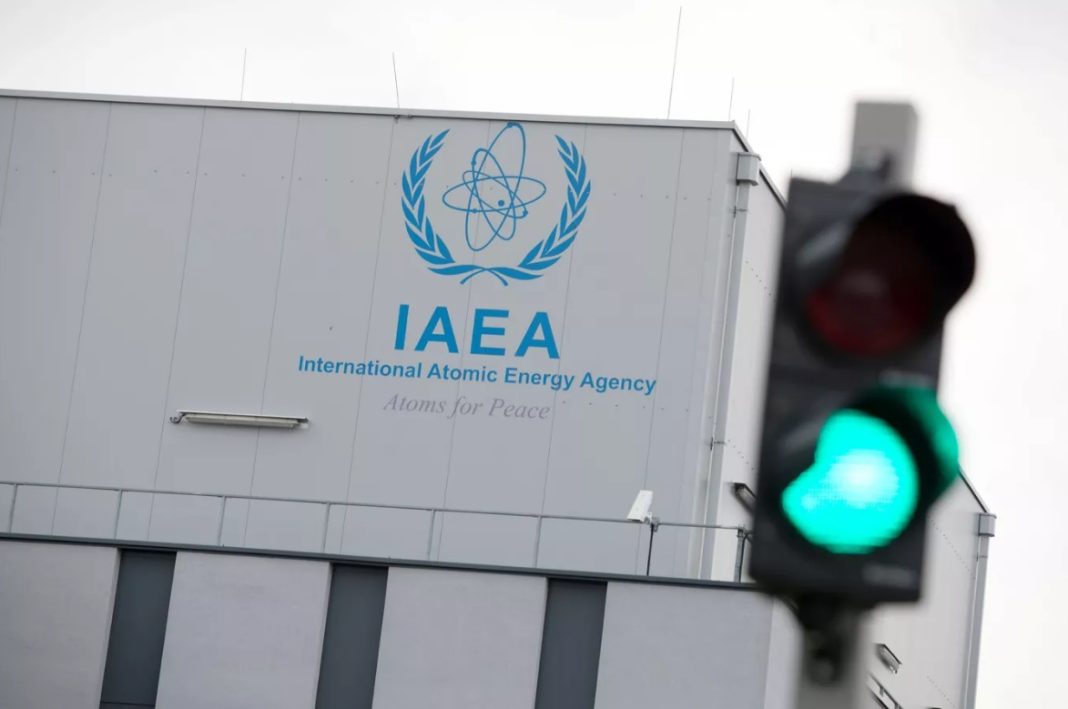The head of the Atomic Energy Organization of Iran (AEOI) has criticized the UN nuclear watchdog for the leakage of information about the country’s nuclear energy program to the opponents of diplomatic efforts to revive the nuclear agreement.
“The International Atomic Energy Agency (IAEA) gives information about Iran’s nuclear program to the opponents of the negotiations to revive the JCPOA,” Mohammad Eslami said in a Wednesday interview with Russia’s Sputnik news agency, while making a reference to the nuclear agreement, formally known as the Joint Comprehensive Plan of Action.
He expressed regret over the IAEA’s “political, unprofessional behavior” in connection with the disclosure of the JCPOA’s confidential reports to those who oppose the negotiations to restore the 2015 accord, which was unilaterally abandoned by the US in 2018.
He emphasized that the AEOI’s interaction with the UN nuclear agency is based on the Safeguards Agreement.
The IAEA Director General Rafael Grossi, in a leaked confidential report on February 1, accused Iran of making an undeclared change to the interconnection between the two clusters of advanced machines enriching uranium to up to 60% purity at its Fordow plant.
The accusation came despite a letter sent by Iran to the IAEA back in November, informing the agency of a decision to start enriching uranium to the purity level of 60% at its Fordow nuclear facility.
Moreover, Iran has fitted and launched new centrifuges at two empty halls in Fordow and Natanz nuclear sites. The halls, under Iran’s commitment to the terms of the landmark 2015 nuclear deal had been vacant but centrifuges have been installed there once again.
In an interview with Iran’s state TV on February 3, Eslami warned that the IAEA chief’s “unprofessional and unacceptable” behavior would harm his reputation and that of the agency.
He added that Iran objects to the political issues dictated by Grossi and has written a “letter to the agency that an inspector… who has inspected our facilities, has made a mistake and given an incorrect report.”
Elsewhere in his interview with Sputnik, the Iranian nuclear chief categorically rejected the enemies’ claims that the country does not need nuclear technology for peaceful purposes and seeks to achieve military weapons.
Eslami stated Iran’s recent nuclear achievements are meant to be used in the health, medical, environmental, and industry sectors, reiterating the peaceful nature of the country’s uranium enrichment activities.
“Iran has always been committed to the NPT (Non-Proliferation Treaty),” he continued.
He made clear that Iran would return to its commitments under the nuclear “whenever the parties to the JCPOA fulfill their obligations.”
Iran and the IAEA are currently in a dispute triggered by the agency’s Israeli-influenced accusations, which were leveled against Tehran’s peaceful nuclear activities just as the Islamic Republic and other parties to the Iran deal appeared close to an agreement on reviving the JCPOA.
Iran says an agreement on the revival of the nuclear deal hinges on the settlement of Safeguards issues between Tehran and the IAEA, and that without settling those issues, reviving the 2015 deal makes no sense.
The negotiations to salvage the JCPOA have been at a standstill since August 2022 due to Washington’s insistence on its hard-nosed position of not removing all the sanctions that were imposed on the Islamic Republic by the previous US administration.
Iran, whose strict adherence to the deal had been certified several times by the IAEA, maintains that it is necessary for the US to offer guarantees that it will not withdraw or violate the agreement again. The US has refused, complicating the prospects of the talks.
